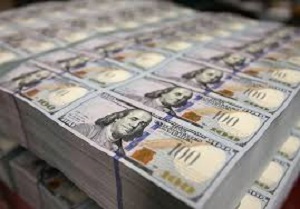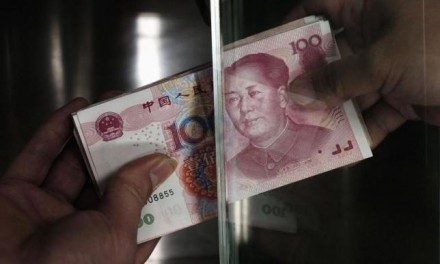
According to the BOJ [Bank of Japan], “The economy of Japan continues to recover moderately even as production and exports get affected by a slowdown being experienced within emerging economies,” said the statement, in keeping with the bank’s unchanged economic assessment. Tracking overnight USD selling against the JPY, the dollar had dipped 0.42% to trade at ¥123.22 compared to the rate of ¥123.56 it held late on Thursday in New York.
The BOJ maintained its pledge to raise deposits and cash at the central bank, or base money, at a yearly rate of $650 billion [80 trillion Yen] by means of buying government bonds plus risky assets. The policy board meeting arrived at this decision through an 8 to 1 vote. Haruhiko Kuroda, the BOJ Governor was set to hold a press briefing in order to explain the policy decision. The BOJ has sought to keep its monetary policy steady ever since expanding stimulus in October of last year, although falling oil prices as well as weak exports have pushed the inflation rate further away from its target of $1 = ¥123.4000.
The US Dollar also dipped by 0.3096% against the Euro which rose to $1.0708 at midday from a low of $1.0651 captured late Wednesday. For the GBP vs. USD trading, the Sterling Pound rose by 0.2166% from$1.5235 to $1.5285 while the AUD vs. JPY rate saw the Australian dollar rising by 0.20% to advance to $0.7167 from a low of $0.7108.
Said Kenji Yoshii, a foreign-exchange strategist with Mizuho Securities, “We have seen the dollar has been selling across the board”. This was in response to the lack of surprise from the Federal Reserve during overnight trading. The Wall Street Journal’s Dollar Index, which is a measure of the dollar versus a raft of other major currencies, had dipped by 0.4% to stand at 90.22.
According to minutes gleaned off the Federal Open Market Committee meeting which was held in October, officials from the Federal Reserve had signaled it “may well be” time to raise short-term interest rates during a meeting slated for December. However, the minutes also revealed that some officials’ were concerned over sending a strong signal for the December increase of interest rates.
Analysts and dealers based in Tokyo said the minutes showed only a moderate tightening for the year ahead. As Minori Uchida, the head of global markets research at the Bank of Tokyo-Mitsubishi UFJ, observed, “The dollar has been continually strengthening since early this month following an upbeat trend with jobs market data, except investors have not found any fresh trading cues that would to prompt them to buy further”. The U.S. dollar was facing downward pressure, falling as low as ¥123.09 after the Bank of Japan resolved to keep its monetary policy intact. Uchida added that inaction by the BOJ appeared to prompt a wider range of investors into closing out their trading positions. Such developments had only served to push the U.S. Dollar lower against the Japanese Yen. Meanwhile, in other currency pairs, for the EUR vs. JPY rate, the Euro fell by 0.08% from ¥131.98 to trade at ¥131.58.




